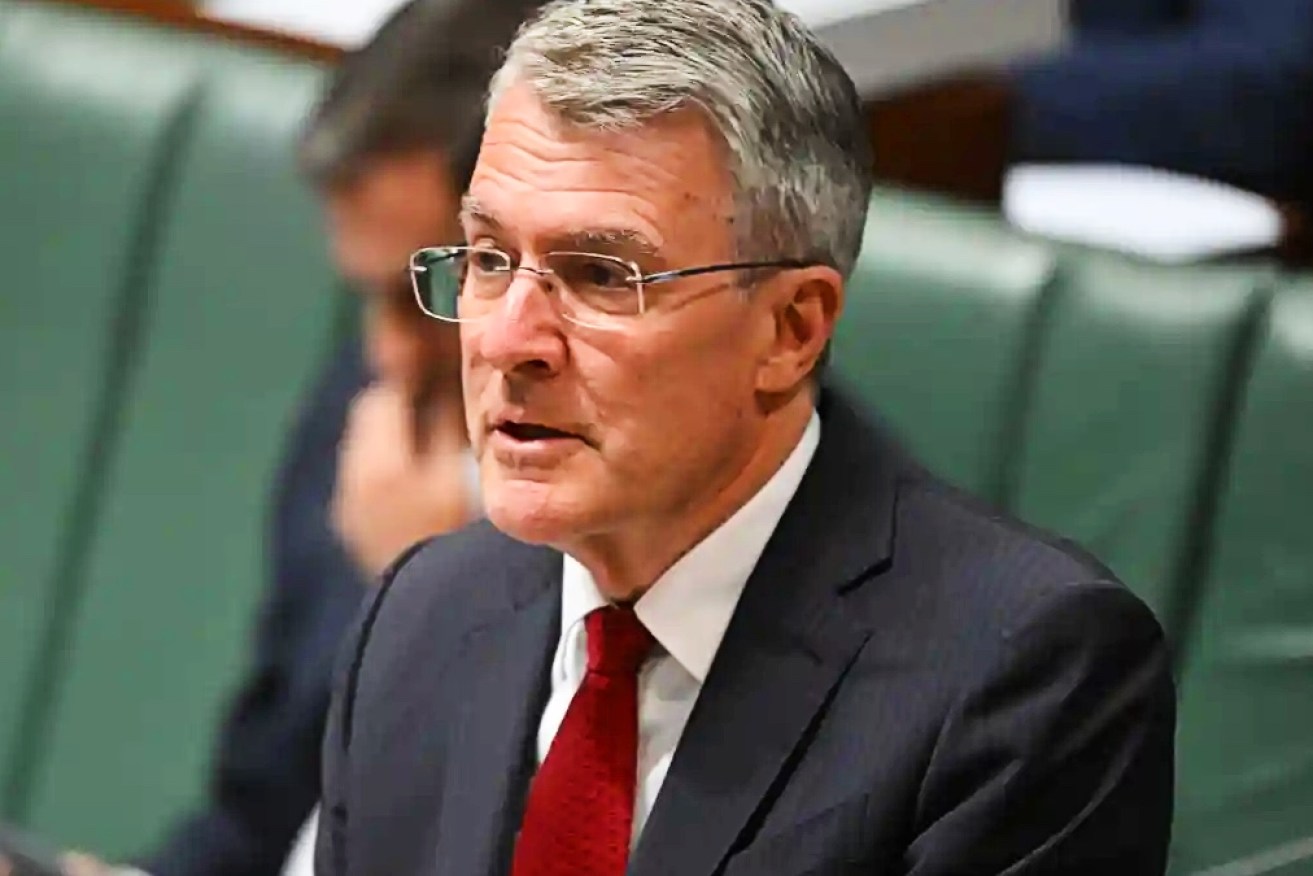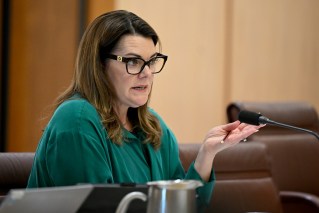Anti-corruption watchdog details unveiled

The federal government's laws to set up a national anti-corruption commission have been introduced to parliament, sparking a debate over its scope and powers. Photo: AAP
Proposed laws to establish a long-awaited national, independent anti-corruption watchdog have been introduced to parliament.
Attorney-General Mark Dreyfus introduced legislation to the lower house on Wednesday to set up the integrity commission, which will cost $262 million over four years and $90 million more than an earlier coalition proposal.
He said the body – to be known as the National Anti-Corruption Commission – would operate independently of the government and have powers to investigate serious or systemic corrupt conduct across the commonwealth public sector.
Ministers, parliamentarians, staff, statutory office holders, government employees and contractors will be eligible for investigation by the commission.
Protections for whistleblowers and journalists as well as safeguards to protect reputations are also included in the proposal.
Mr Dreyfus said the commission would be the lead commonwealth agency to investigate serious or systemic corruption and would work in partnership with other agencies such as the federal police.
“The commission will have a full suite of powers similar to those of a royal commission (and) it will be able to use its powers to undertake an investigation into a corruption issue,” he said.
“It will have the power to hold public hearings (and) it will also have a mandate to prevent corruption and educate Australians about corruption.”
But although public hearings will be held in “exceptional circumstances”, Mr Dreyfus said the default position for the commission would be for private hearings.
Greens senator David Shoebridge said the government’s proposed test for public hearings was “exceptionally unhelpful”.
“One of the best disinfectants for corruption is sunshine,” he told reporters in Canberra.
“Public hearings are critical to the work of this national anti-corruption commission.”
Independent MP Helen Haines, who has been a staunch advocate for the commission, said the proposal was the culmination of years of work that would continue.
“There is going to be an inquiry, we’ll be in there doing our best to make sure that this anti-corruption commission is the very best it can be,” she said.
“This is a once in a generation opportunity, we plan to get it right.”
Liberal MP Bridget Archer said she was heartened her party, who failed to establish a watchdog while in government, had an open mind to the proposal.
She said the opposition would consider the government’s proposal but the bill’s introduction was the beginning of negotiations.
Independent Sydney MP Zali Steggall said the legal test imposed for public hearings was a “red flag” because it meant they might be “rare”.
Ms Steggall said previous claims made by the coalition that public hearings were “show trials” were a “shameful attack” on the important work done by anti-corruption commissions.
She said the NSW model which involved public hearings demonstrated a “greater level of transparency and scrutiny” than other state bodies.
– AAP








